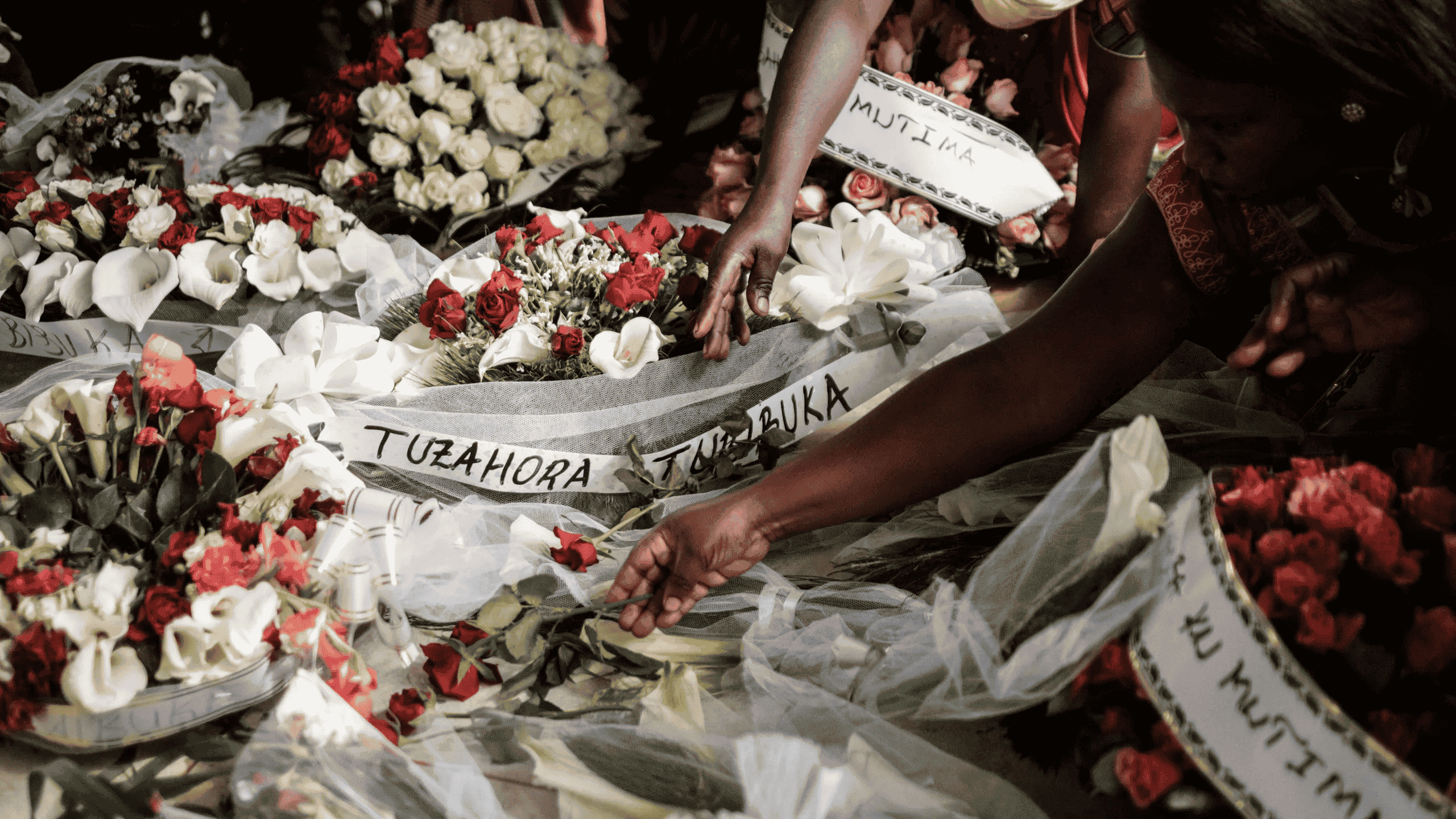Background
Overview of Genocidal Sexual Violence
Sexual violence in genocide is not incidental—it is a deliberate tactic used to terrorize individuals, destroy familial and social bonds, and disrupt cultural continuity. Perpetrators weaponize sexual violence to systematically target communities, inflicting psychological and physical harm that can persist for generations.
Gendered Impact of Genocide
Women are often uniquely targeted in genocides, as their bodies become battlegrounds for violence aimed at cultural destruction. Forced pregnancies, public rapes, and sterilization programs are just a few of the ways in which gendered violence manifests. These acts aim not only to harm the victims but also to dismantle the cultural and familial fabric of the targeted group.
Historical Context
- Rwandan Genocide (1994): The Hutu-majority government orchestrated a campaign to eliminate the Tutsi minority, with sexual violence affecting hundreds of thousands of women.
- The Holocaust (1941–1945): Jewish and Roma women were subjected to sexual violence, including forced sterilization and medical experiments, as part of the Nazi effort to annihilate these groups.
Why These Two Genocides?
The Rwandan Genocide and the Holocaust were chosen for this project because they represent two of the most systematic and devastating examples of gendered violence in modern history. Both genocides targeted women not only for their ethnic or religious identities but also for their roles as cultural and familial anchors within their communities. By focusing on these two genocides, this project highlights the deliberate use of sexual violence as a weapon of genocide, offering a comparative perspective on how similar strategies were used in different contexts. The Rwandan Genocide provides a modern example of how gendered violence was explicitly acknowledged and prosecuted as a crime of genocide, while the Holocaust illustrates the historical neglect of gender-specific atrocities in early international justice frameworks. Together, these cases underscore the enduring impact of sexual violence in genocide and the importance of recognizing and addressing these crimes in both historical and contemporary contexts.
